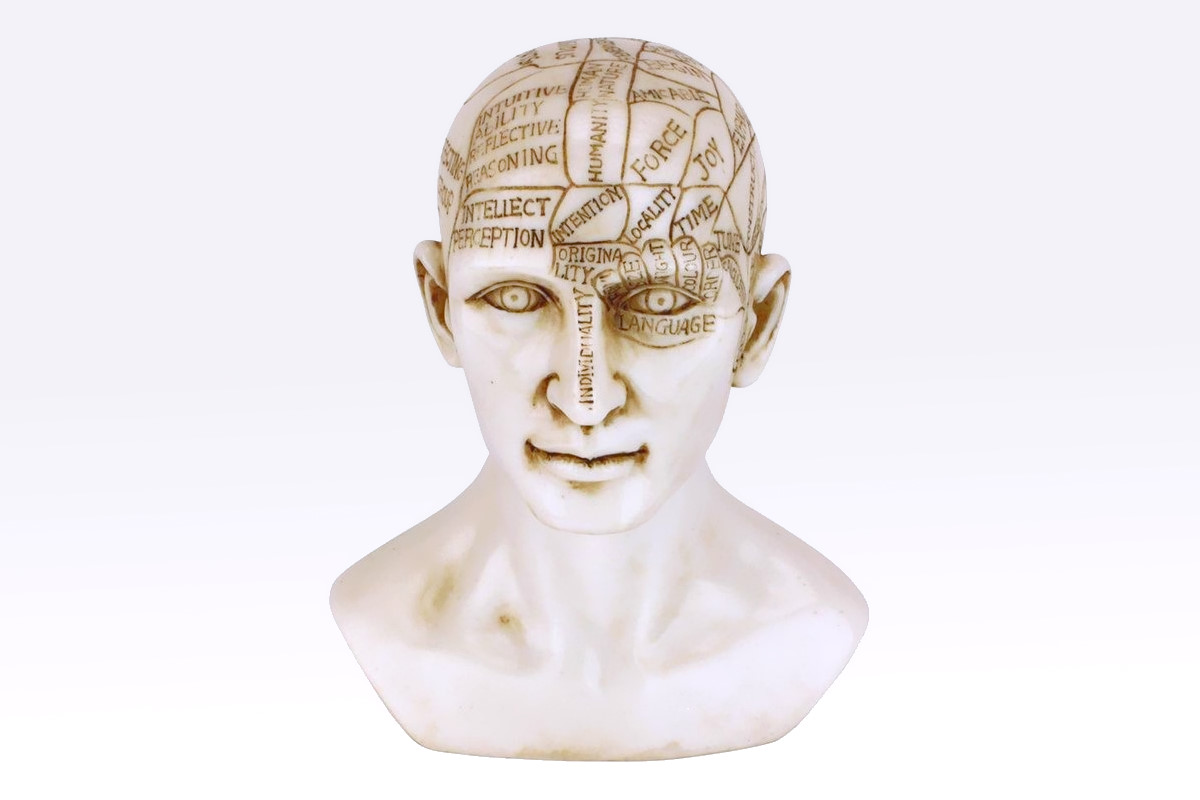One of the many professions of faith circulating in the public media is that science, according to some teachers who have a lot of paint on their cheeks, is not “democratic.” But what does this statement really mean?
Isn’t saying that science is not democratic an indirect way of asserting that science can give way to anti-democratic methods and thus ascribe to it at least an authoritarian political character? Or it could mean that science does not stoop to illusions will powerperhaps continuing to repeat the old “yet it moves” in the face of those who even want the universe to its knees, once again, in the face of the many ambitions of the temporal powers?
Is it enough, in the eyes of our time, for science to reaffirm the primacy of rationality and empirical observation to vaunt them as “undemocratic,” and therefore, dangerously hostile to the liberal conquests of recent centuries? Or is this the same old trick of politicizing the neutral to strengthen one side in defiance of the other?
What concept of democracy arises, or does one want to suggest, from such a declaration of science’s alleged anti-democratic nature? Would it not be precisely those who wanted to force an authoritarian change in society to transfer these authoritarian ambitions of their own into a representation of science which, on the other hand, does not itself possess a political character? We are not here, again, at the crossroads between the neutrality of scientific thought trying to make speeches about What is that And the events With the sole intent of better understanding the realities of the world and the special powers that want, instead, to make him say what is best suited to them?
Intelligent people who in their lives have opened some books as well as useful pamphlets to obtain qualifications, or those who have thought little about the subject, know that science is not and cannot be, what is bubbling about in newspapers and televisions: these are, at most, chatter and shouting for whoever pays the highest price. On the other hand, science also listens to the child if he says something right, because the dividing line of scientific discourse is right there, but this age that thinks it knows everything, in the end reveals itself as an age that knows nothing, except what is said by the barons of power.
If, then, we glance at certain classes, some may say, we may repeat without saying Bacon and Descartes, Science is a method, while others, without thinking too much to repeat Popper’s words, would also add that it is based on “falsifiability”. Science, with the conscious addition of the word “modern,” certainly is Also method, but it cannot – or should not – be reduced solely to this. Science that is interpreted as the only way is just blind application, ie Technique (τέχνη), which we translate as “technique”, but it would be more correct to translate it with ars which, in the language of the Greeks, is opposed to the term nature (φύσις). over there Technique She is also represented as a goddess aiding Icarus in his mad enterprise among many mythological ones: this representation, as well as several others, already contain a warning and link between technique and the dangers of arrogance (ὕβρις), as would the unhappy adventure of the son of Daedalus. Here too the ancient Greeks come to our aid by showing us, through the luster of their allegories, that this technique moves away from physis where are you from. The modern term “physics”, derived from the Greek, denotes, in fact, a discipline dedicated to the systematic observation of nature and in an authentically rational context, or in a truly advanced society, physics should not be subordinated to technology, but rather the other way around.
It is as strange as it is tragic to observe how the contemporary age that cries out the word “science” is, then, the one from which it has distanced itself the most, drowning science in mere technology in the service of profit. Science, in the truest sense of the term, can instead be defined as rational discourse based on the critical observation of facts and their synthesis through the application of logical criteria reconciled into theoretical generalization.
To put it in simple terms: Isaac Newton sees an apple falling from a tree and this is a fact which he summed up in the logical-mathematical formulation of the universal law of gravitation through theoretical generalization. This is a practical definition of science that ignores the many caprices of the contemporary age and, paradoxically, has become incomprehensible to those experimenters who stray from the general norms of scientific discourse, and drop in restrained minor observations, as Nietzsche has already criticized, in a scene of strong comic overtones, writing about that hunched man in Swamp Mud and aims to study a leech’s brain wholeheartedly, while Zoroaster accidentally steps on it. The individual who Nietzsche openly ridicules is found At home and in his field Immersed in the mud, he is bitten by leeches in the bog, and he confesses: “Near my knowledge lies my black ignorance.” He is the one who, in the work of a rockin’ thinker, restlessly declares: “I am blind and I want to be blind.” In other words, I want this method that, it would seem, brings me closer to reality in a fundamental way, in practice, infinitely distances me from it.
Nietzsche’s parody of this bizarre comedic figure, folded and centered on the leech’s little brain, implies that he is in fact not a man of science, and therefore not even of conscience. Then it is enough to read it Zoroaster To find the grumpy, angry faces of some popular TV celebrities, who attract new kinds of leeches and mirages, claim to lead us all, Previously authorizedAmong the swamps of their irrational and anti-democratic delirium.

“Infuriatingly humble social media buff. Twitter advocate. Writer. Internet nerd.”










